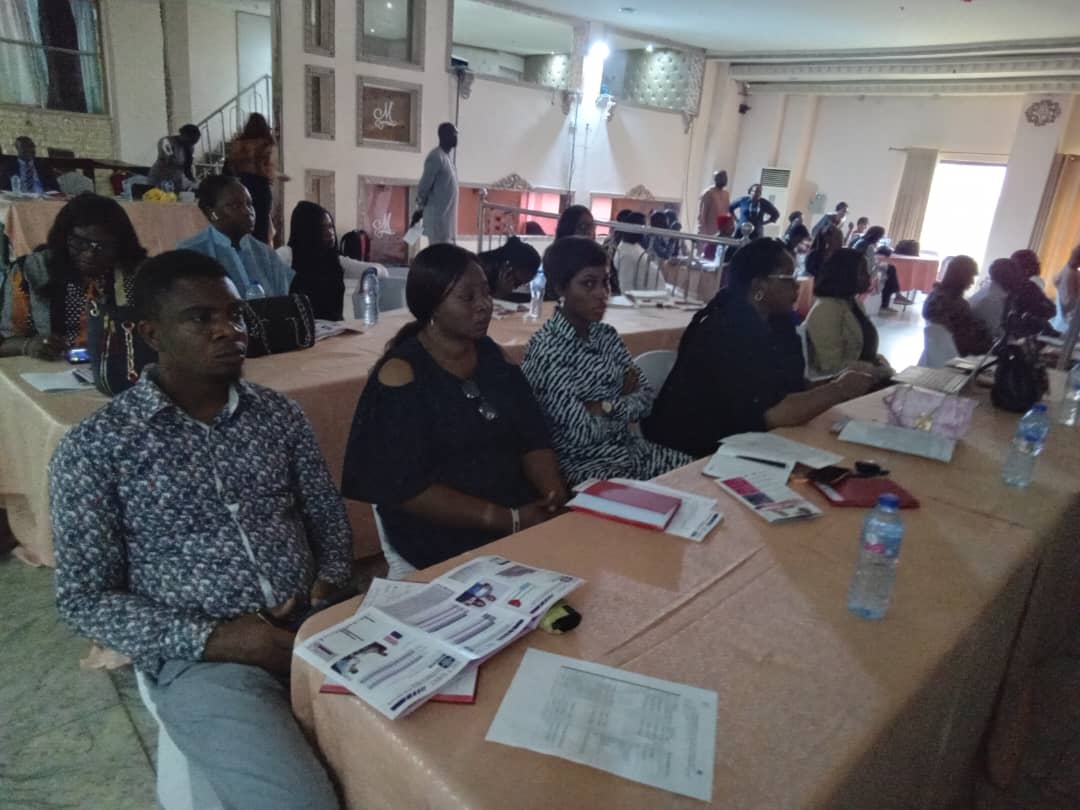
The Society for Family Health (SFH), has begun moves to develop a comprehensive roadmap to scale up private sector investment in HIV testing to ensure that individuals have access to convenient and confidential testing services that empower them to take control of their health.
The roadmap will facilitate increased private sector involvement and revolutionize the private sector market for HIV self-testing (HIVST) by addressing key challenges and paving the way for scalable solutions.
Managing Director, SFH, Dr Omokhudu Idogho, disclosed this at the dissemination activities of its Strengthening HIV Self-testing in Private Sector (SHIPS) project, funded by the Children’s Investment Fund through Population Services International (PSI) yesterday in Abuja, observed that the goal of ending HIV pandemic starts with people knowing their status adding that efforts are being made to improve access to integration of HIV services across the country.
Idogho who reiterated SFH’s commitment to support the government’s total market approach for HIV self-testing, pointed out that one of the cornerstones of the SHIPS project has been market research to identify and address barriers to the growth of HIV testing in the market.
He said: “With these insights, we have developed and tested demand and supply side interventions to our company’s obstacles. Ventures have been centred around the self-care which is in the process of HR itself tested within the product context of comprehensive HIV prevention strategies.
“By promoting HIV self-testing alongside other crucial elements such as prep, pet, condoms, and sexual and reproductive health services, we have sought to create a consumer-centric ecosystem and increased access and optimal l HIV testing.
“I am proud to report that we have this constraint in reaching our target populations, specifically sexually active females ranging between the ages of 18 and 40, as well as men age 35 and above in implementation sites in Lagos and Abuja, have witnessed remarkable progress.”
Adding: “Through community mobilization efforts, we have successfully reached over 50,000 individuals creating awareness and driving engagement. Additionally, community activation initiatives have impacted the lives of over 50,000 individuals. Furthermore, we have recovered impressive sales of more than 10,000 actually almost 14,000 HIV self-tested kits through physical and online pharmacies as well as e-commerce. These achievements would not have been possible without education and commitments received from all those involved in the chips projects.”
Idogho who was represented by the Deputy Managing Director, Mr Kenechukwu Eruchalu, explained that the first tranche of the SHIPS project conducted extensive qualitative market research to gather insights and perceptions from both users and providers along the HIVST journey, adding that with the ambitious goal of achieving the UNAIDS 95:95:95 target by 2030, the project sought to identify crucial obstacles hindering the scale-up of private-sector HIVST and develop innovative models to overcome them.
Also speaking, the project lead for Nigeria, Pharm Dennis Aizobu, said that through collaborative efforts and innovative approaches, SFH and its partners have laid the groundwork for strengthening HIV self-testing in the private sector adding that the dissemination meeting will catalyze positive change and pave the way for future scaling of HIVST initiatives.”
On his part, Dr. Adebobola Bashorun, National Coordinator of, the National AIDS and STDs Control Programme (NASCP) observed that the programme was one that believed so much in testing.
He said: “You must know your status either positive or negative. So, this particular programme gives you the ability to test yourself without going to a facility just get the test kits just like a pregnancy test, and you test yourself to see if you are positive or negative it helps because it helps you to quickly identify your health status and also be linked to care.”






